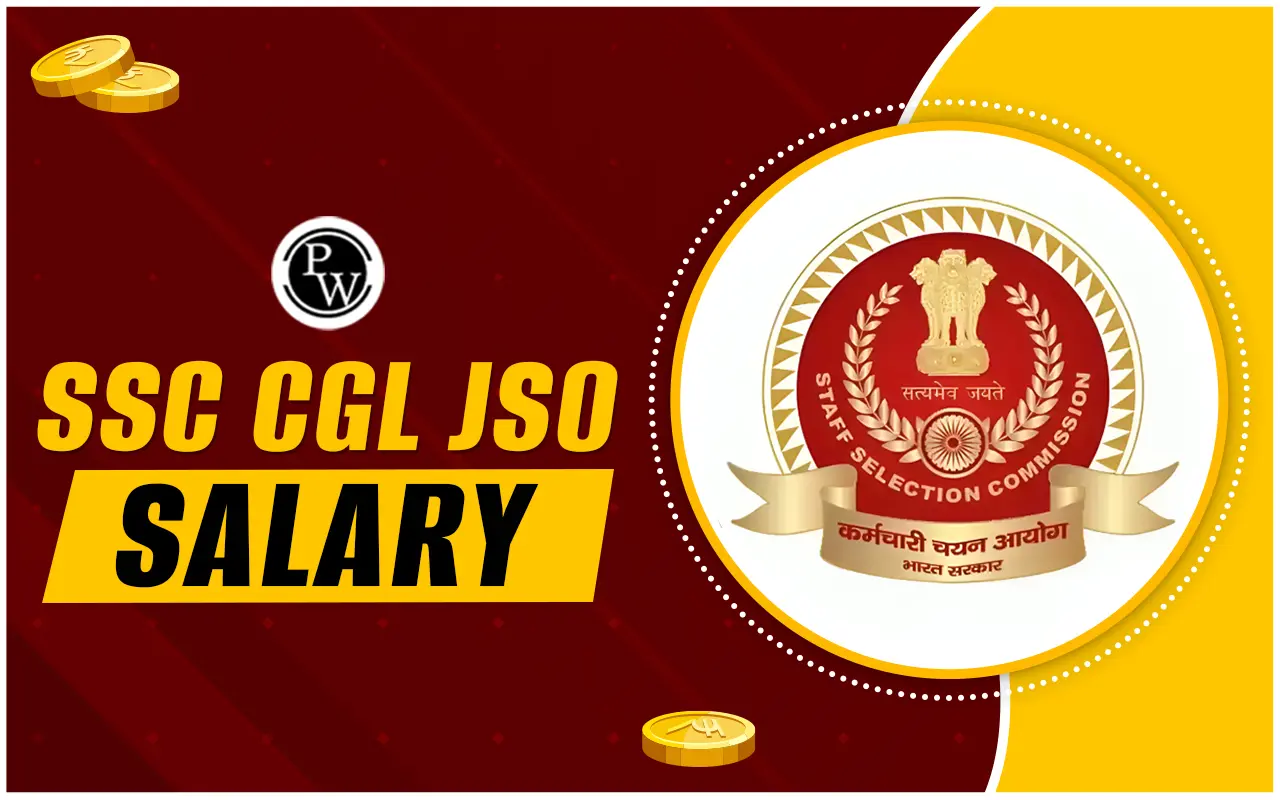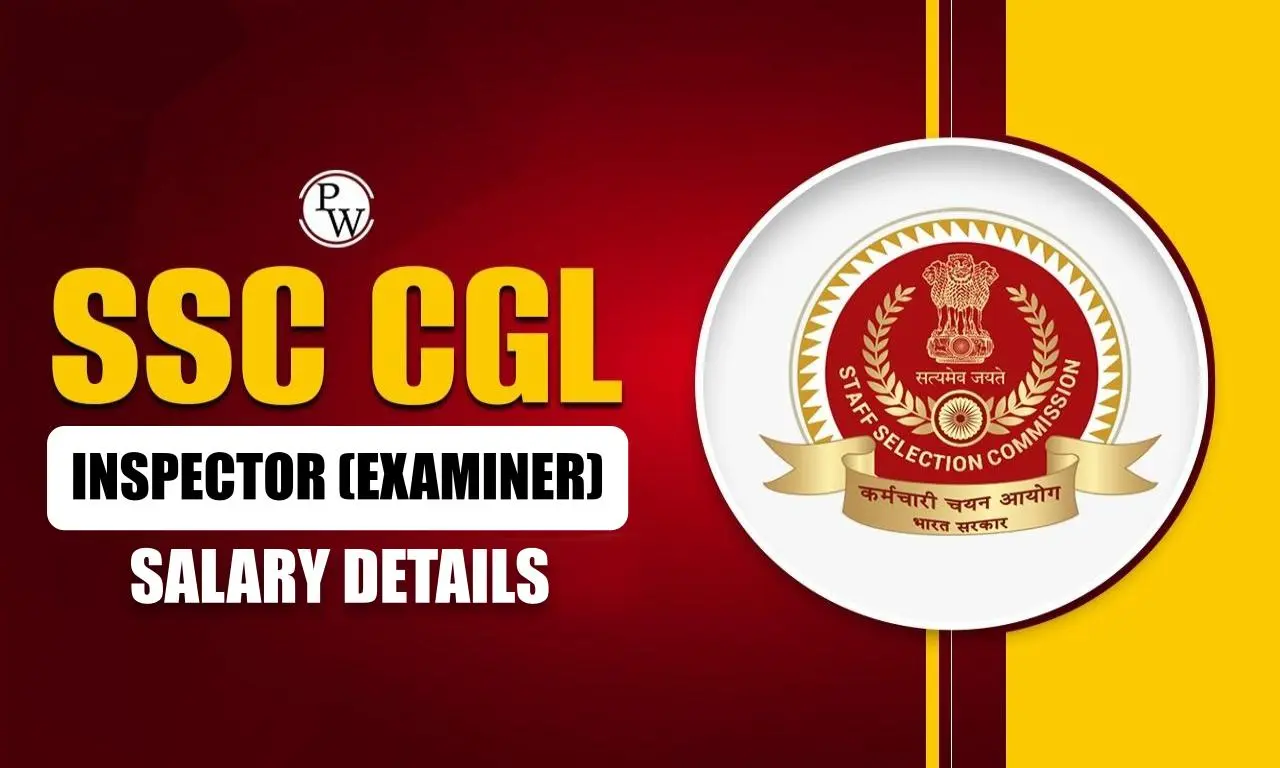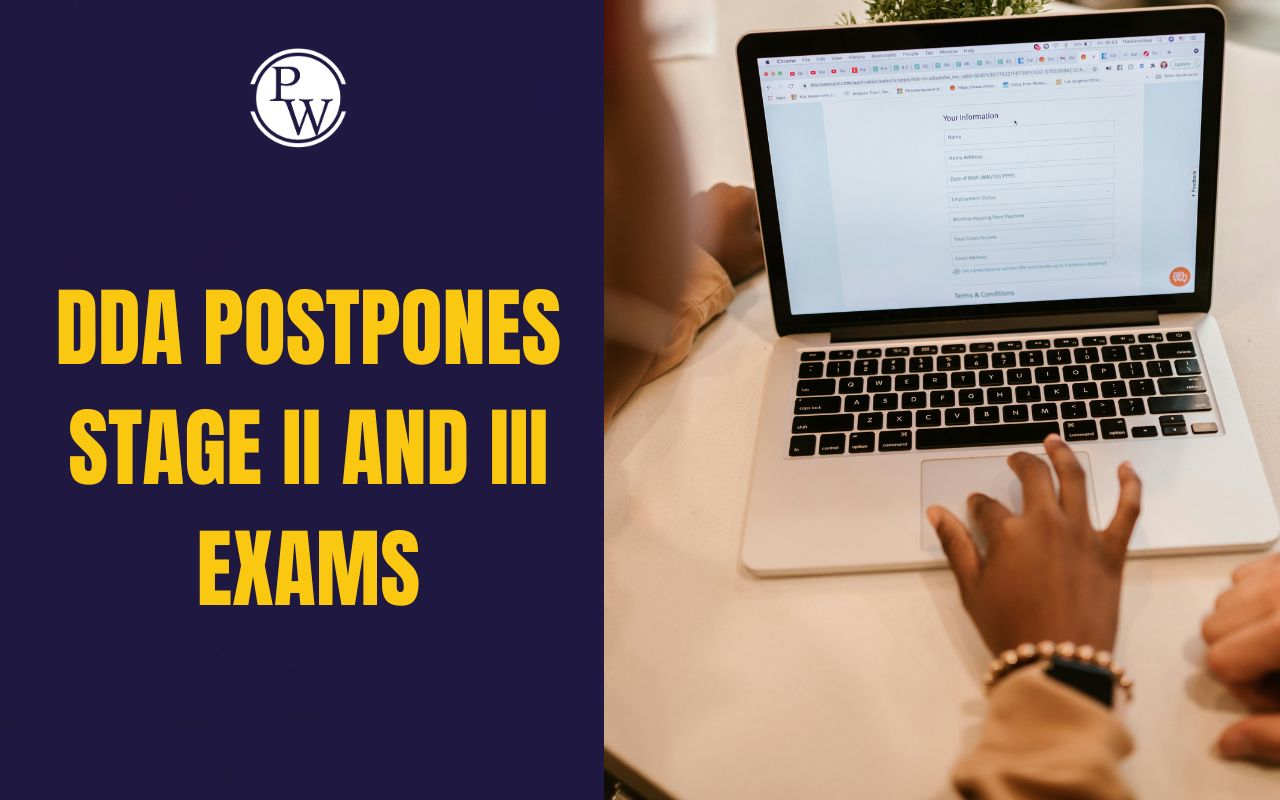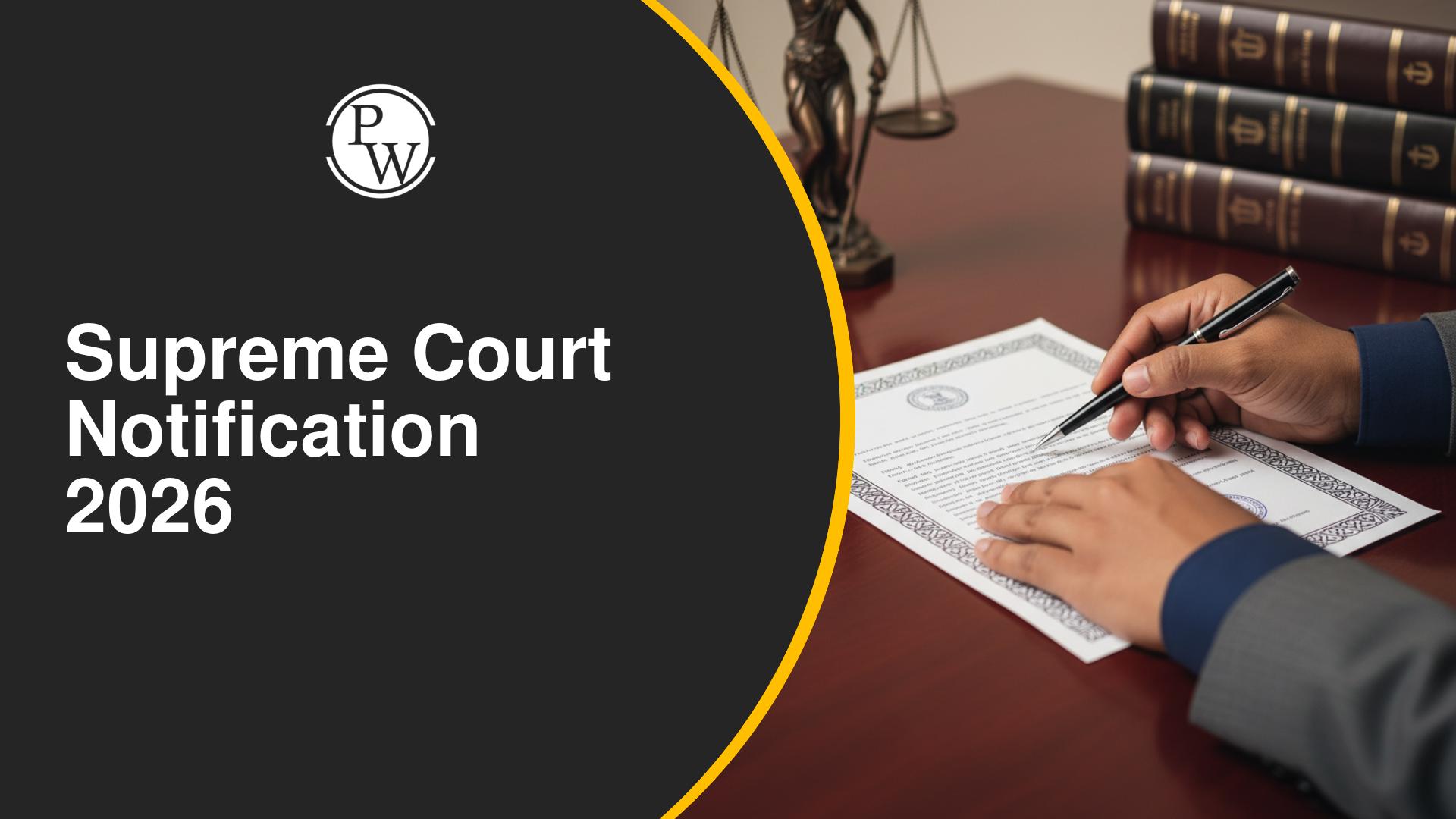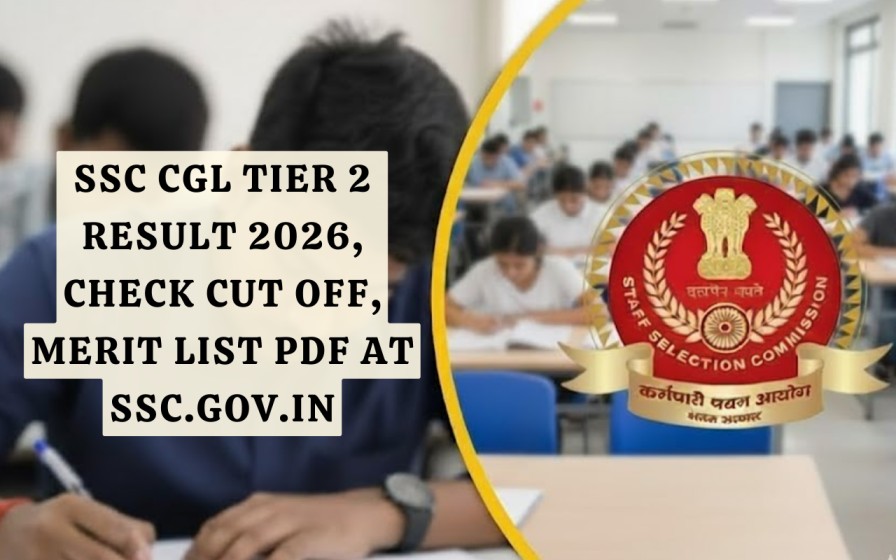
Foreign Minister of India: The Foreign Minister of India holds a crucial position in the government, responsible for managing India's external affairs and representing the country's interests on the global stage. This role comprises a wide range of responsibilities aimed at promoting diplomatic relations, safeguarding national security, and advancing India's strategic objectives. Let's look into the significance, duties, challenges, and notable individuals who have served as the Foreign Minister of India from 1946 to 2025.
Foreign Minister of India
The Foreign Minister plays an important role in shaping India's foreign policy, promoting bilateral and multilateral relations with other countries, and safeguarding the country's interests in the international arena. They act as the chief architect of India's diplomatic engagements, promoting peace, stability, and cooperation while addressing global challenges and opportunities.
Also Check: Sports Minister of India
Foreign Minister of India Role
- Diplomatic Representation: The Foreign Minister represents India at various international forums, conferences, and summits, articulating the country's positions on diverse issues and engaging with counterparts from other nations to strengthen diplomatic ties.
- Bilateral Relations: They cultivate and manage bilateral relations with key countries, negotiating agreements, resolving disputes, and enhancing cooperation in areas such as trade, defense, technology, and cultural exchange to promote mutual interests.
- Multilateral Engagement: The Foreign Minister participates in multilateral forums such as the United Nations, G20, BRICS, and regional groupings, advocating for India's interests, contributing to global governance, and addressing transnational challenges like climate change, terrorism, and pandemics.
- National Security: They work closely with defense and security agencies to assess geopolitical threats, formulate strategies to protect India's sovereignty and territorial integrity, and engage in diplomacy to prevent conflicts and promote regional stability.
- Economic Diplomacy: The Foreign Minister promotes India as an attractive investment destination, facilitates trade negotiations, and promoting economic partnerships with other countries to stimulate growth, create jobs, and enhance India's global economic competitiveness.
- Crisis Management: During international crises or emergencies involving Indian citizens abroad, the Foreign Minister leads diplomatic efforts to ensure their safety, coordinate evacuation operations, and engage with foreign governments to resolve issues peacefully.
Foreign Minister of India Challenges
- Geostrategic Dynamics: India operates in a complex geopolitical environment characterized by regional rivalries, power shifts, and emerging threats, requiring astute diplomacy to navigate competing interests and maintain strategic autonomy.
- Border Disputes: Managing border disputes with neighboring countries like China and Pakistan poses a significant challenge, necessitating diplomatic dialogue, confidence-building measures, and occasional crisis management to prevent escalation.
- Terrorism and Security Threats: Combatting terrorism and extremism remains a priority for India's foreign policy, necessitating international cooperation, intelligence-sharing, and counterterrorism measures to address cross-border threats effectively.
- Global Governance Reform: India advocates for reforming global institutions like the UN Security Council to reflect contemporary realities and ensure fair representation for developing countries, but achieving consensus among member states poses challenges.
Also Check: Foreign Minister of India
Important Foreign Ministers of India
- Jawaharlal Nehru: India's first Prime Minister, Nehru played a important role in shaping India's foreign policy, advocating for non-alignment, decolonization, and promoting solidarity among newly independent nations.
- Indira Gandhi: As Prime Minister, Gandhi pursued a policy of strategic autonomy, balancing relations with superpowers, and championing India's interests in the Non-Aligned Movement.
- Atal Bihari Vajpayee: Vajpayee's tenure saw significant diplomatic initiatives like the Pokhran nuclear tests, the Indo-US nuclear deal, and efforts to improve relations with Pakistan through the Lahore Declaration.
- Jaswant Singh: Singh played a key role in India's diplomacy during the Kargil conflict and initiated dialogue with Pakistan, China, and the United States during his tenure as Foreign Minister.
Foreign Ministers of India List
This table provides an overview of the Foreign Ministers of India from 1946 to 2025, showcasing their respective tenures in office and the Prime Ministers they served under.| Foreign Ministers of India List (1946 to 2025) | ||||
|---|---|---|---|---|
| S.N. | Foreign Minister | Tenure Start | Tenure End | Prime Minister |
| 1 | Jawahar Lal Nehru | 2 Sept 1946 | 27 May 1964 | Himself |
| 2 | Gulzarilal Nanda | 27 May 1964 | 9 June 1964 | Himself (acting) |
| 3 | Lal Bahadur Shastri | 9 June 1964 | 17 July 1964 | Himself |
| 4 | Swaran Singh | 18 July 1964 | 14 Nov. 1966 | Lal Bahadur Shastri, Indira Gandhi |
| 5 | M. C. Chagla | 14 Nov. 1966 | 5 Sept. 1967 | Indira Gandhi |
| 6 | Indira Gandhi | 6 Sept. 1967 | 13 Feb. 1969 | Indira Gandhi |
| 7 | Dinesh Singh | 14 Feb. 1969 | 27 June 1970 | Indira Gandhi |
| 8 | Swaran Singh (reappointed) | 27 June 1970 | 10 Oct. 1974 | Indira Gandhi |
| 9 | Yashwantrao Chavan | 10 Oct. 1974 | 24 March 1977 | Indira Gandhi |
| 10 | Atal Bihari Vajpayee | 26 March 1977 | 28 July 1979 | Morarji Desai |
| 11 | Shyam Nandan Prasad Mishra | 28 July 1979 | 13 Jan. 1980 | Charan Singh |
| 12 | P. V. Narasimha Rao | 14 Jan. 1980 | 19 July 1984 | Indira Gandhi |
| 13 | Indira Gandhi (reappointed) | 19 July 1984 | 31 Oct. 1984 | Herself |
| 14 | Rajiv Gandhi | 31 Oct. 1984 | 24 Sept. 1985 | Himself |
| 15 | Bali Ram Bhagat | 25 Sept. 1985 | 12 May 1986 | Rajiv Gandhi |
| 16 | P. Shiv Shankar | 12 May 1986 | 22 Oct. 1986 | Rajiv Gandhi |
| 17 | N. D. Tiwari | 22 Oct. 1986 | 25 July 1987 | Rajiv Gandhi (Repeated) |
| 18 | P. V. Narasimha Rao (reapp.) | 25 July 1987 | 25 June 1988 | Himself |
| 19 | V. P. Singh | 2 Dec. 1989 | 5 Dec. 1989 | Himself |
| 20 | I. K. Gujral | 5 Dec. 1989 | 10 Nov. 1990 | V. P. Singh |
| 21 | Vidya Charan Shukla | 21 Nov. 1990 | 20 Feb. 1991 | Chandra Shekhar |
| 22 | Madhavsinh Solanki | 21 June 1991 | 31 March 1992 | P. V. Narasimha Rao |
| 23 | P. V. Narasimha Rao (reapp.) | 31 March 1992 | 18 Jan. 1993 | Himself |
| 24 | Dinesh Singh (reappointed) | 18 Jan. 1993 | 10 Feb. 1995 | P. V. Narasimha Rao |
| 25 | Pranab Mukherjee | 10 Feb. 1995 | 16 May 1996 | P. V. Narasimha Rao |
| 26 | Sikander Bakht | 21 May 1996 | 1 June 1996 | Atal Bihari Vajpayee |
| 27 | I. K. Gujral | 1 June 1996 | 18 March 1998 | H. D. Deve Gowda & I. K. Gujral |
| 28 | Atal Bihari Vajpayee (reapp.) | 19 March 1998 | 5 Dec. 1998 | Atal Bihari Vajpayee |
| 29 | Jaswant Singh | 5 Dec. 1998 | 23 June 2002 | Atal Bihari Vajpayee |
| 30 | Yashwant Sinha | 1 July 2002 | 22 May 2004 | Atal Bihari Vajpayee |
| 31 | Natwar Singh | 22 May 2004 | 6 Nov. 2005 | Manmohan Singh |
| 32 | Manmohan Singh | 6 Nov. 2005 | 24 Oct. 2006 | Himself |
| 33 | Pranab Mukherjee (reappointed) | 24 Oct. 2006 | 22 May 2009 | Manmohan Singh |
| 34 | S. M. Krishna | 22 May 2009 | 26 Oct. 2012 | Manmohan Singh |
| 35 | Salman Khurshid | 28 Oct. 2012 | 26 May 2014 | Manmohan Singh |
| 36 | Sushma Swaraj | 26 May 2014 | 30 May 2019 | Narendra Modi |
| 37 | Subrahmanyam Jaishankar | 30 May 2019 | Present | Narendra Modi |
Also Check: Home Minister of India
Current Foreign Minister of India
Subrahmanyam Jaishankar, India's Minister of External Affairs since May 2019, is a seasoned diplomat and politician from the Bharatiya Janata Party. Prior to this role, he served as Foreign Secretary and held various diplomatic positions worldwide, including as Ambassador to the US and China.Foreign Minister of India FAQs
Who is the current Foreign Minister of India?
What are the main responsibilities of the Foreign Minister?
How is the Foreign Minister appointed?
What qualifications does the Foreign Minister require?

